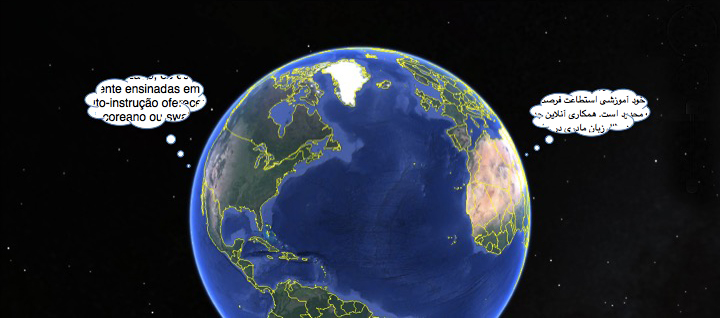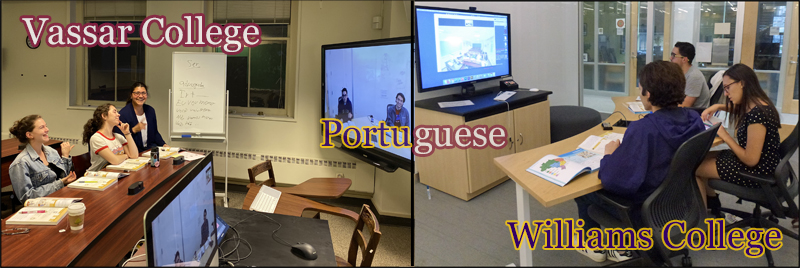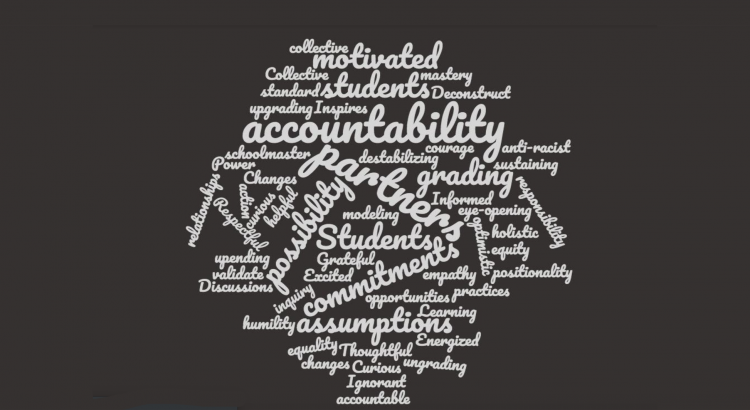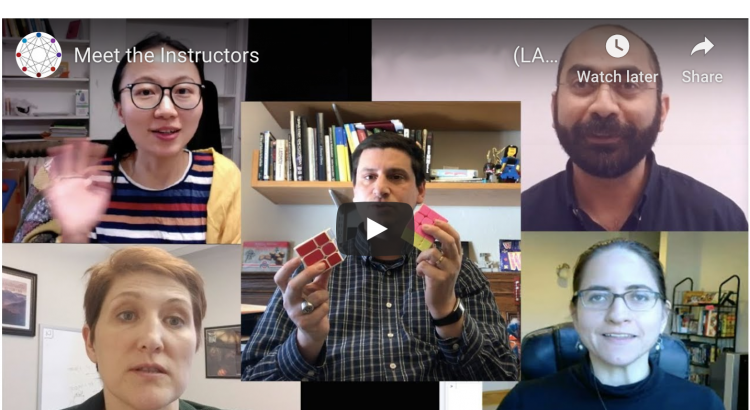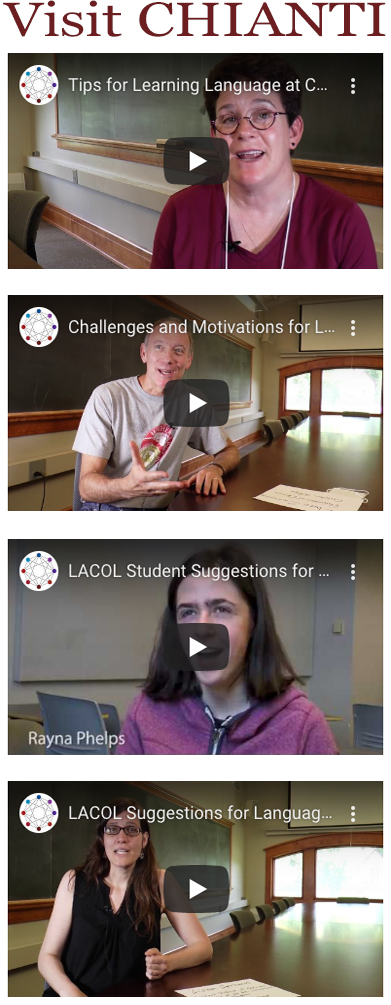DH, Social Justice, and Liberal Arts: Developing an online, multi-campus DH course through the LACOL consortium
Thursday, June 29 at 5:15pm-5:45pm EDT (online)
Beth Fischer1, Mackenzie Brooks2, Liz Evans3, Austin Mason4, Nhora Lucía Serrano5, José Vergara6
1Williams College Museum of Art, United States of America; 2Washington & Lee University; 3Liberal Arts Collaborative for Digital Innovation (LACOL); 4Carleton College; 5Hamilton College; 6Bryn Mawr College
Through a unique collaboration across peer colleges, LACOL’s Digital Humanities: Social Justice Collections and Liberal Arts Curricula has fostered a prodigious environment of original, collaborative research, undertaken by students as part of an interdisciplinary online course. First taught in 2021, the course will be offered for the third time during summer 2023.
Over eight weeks, the team of instructors introduces students from LACOL’s eleven partner schools to ways of working with digital humanities data, digital modes of humanistic inquiry, and specific approaches including text analysis and geographic analysis. Students work in teams, closely mentored by the instructors, to implement projects that use digital methods to explore historically and socially relevant topics drawn from their engagement with multiple campus archive collections, such as representations of BIPOC at PWIs in the 1960s and the documentation of women’s suffrage and environmental/climate movements across campuses.
In this presentation, the teaching team, course development collaborators, and the director of LACOL share how this course was developed and implemented, and the ways the partner schools have managed handoffs and transitions between their own institutions and this shared collaborative curriculum. We will address key components for the course’s success, especially how the model developed under LACOL might be enacted among institutions that do not have such a pre-existing framework and how the course has sparked ongoing student engagement with DH and social justice topics, and led to the development of new courses at partner institutions.
ACH Session #6B: Perspectives on Critical Pedagogy
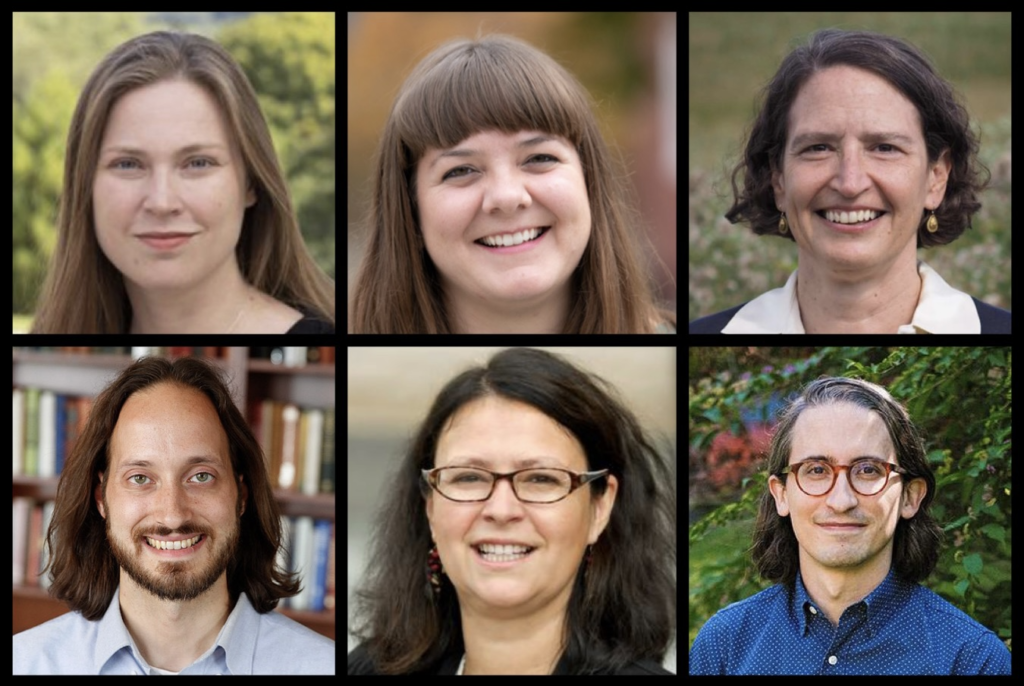


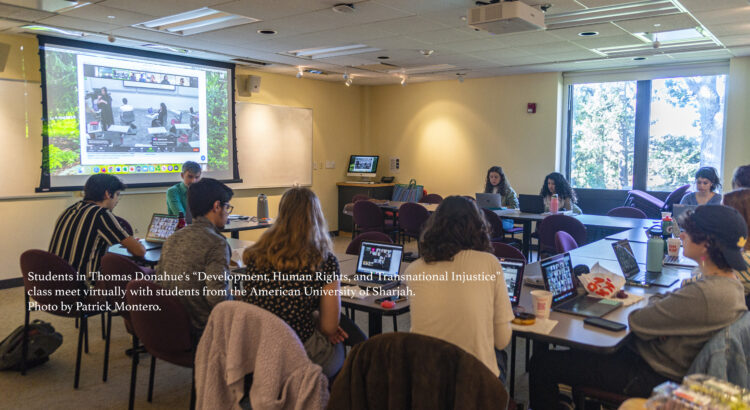
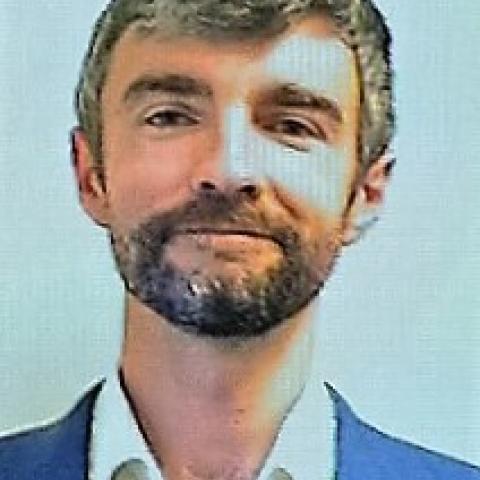
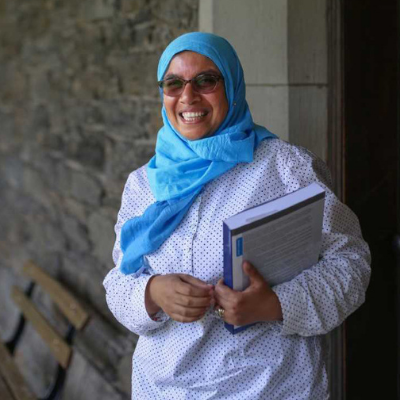
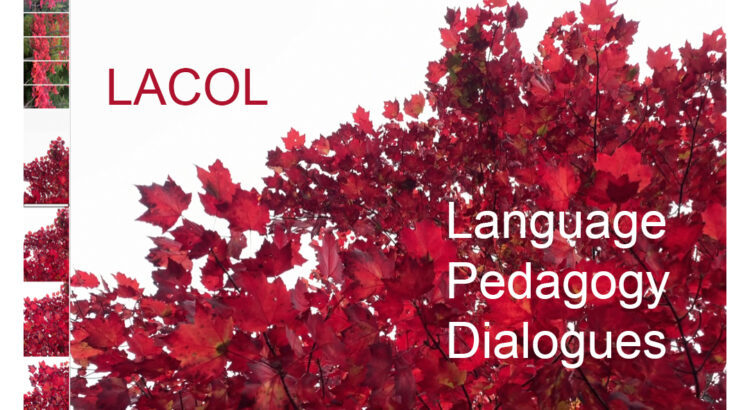

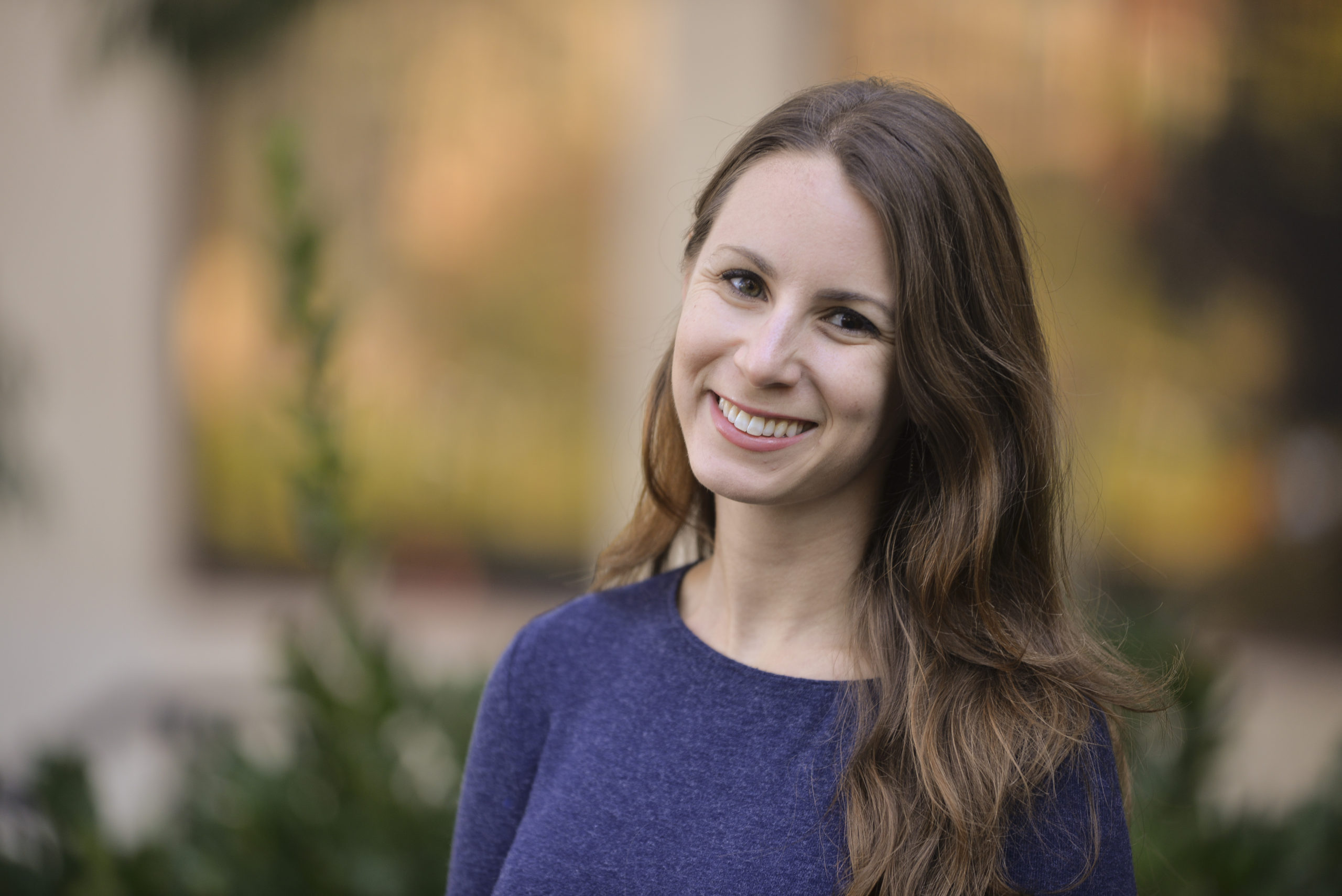
 Jenae Cohn writes and speaks about digital pedagogy and online teaching and learning. A trained writing instructor, Jenae has taught online, hybrid, and face-to-face composition courses, and supports faculty in the development of courses across modalities. She offers workshops on topics related to online instruction, humanities pedagogy, and digital literacy. Her research interests include digital/information literacy, metacognitive thinking, and reading and writing across the curriculum. Prior to her appointment at CSU-Sacramento, Dr. Cohn was an Academic Technology Specialist at Stanford University for 4 years where she helped foster remote learning and technology-enriched curriculum for 40+ instructors. At Stanford, she also designed in-person, online, and blended workshops for 120+ students per year. She also developed a
Jenae Cohn writes and speaks about digital pedagogy and online teaching and learning. A trained writing instructor, Jenae has taught online, hybrid, and face-to-face composition courses, and supports faculty in the development of courses across modalities. She offers workshops on topics related to online instruction, humanities pedagogy, and digital literacy. Her research interests include digital/information literacy, metacognitive thinking, and reading and writing across the curriculum. Prior to her appointment at CSU-Sacramento, Dr. Cohn was an Academic Technology Specialist at Stanford University for 4 years where she helped foster remote learning and technology-enriched curriculum for 40+ instructors. At Stanford, she also designed in-person, online, and blended workshops for 120+ students per year. She also developed a 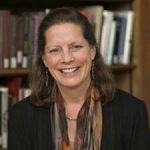
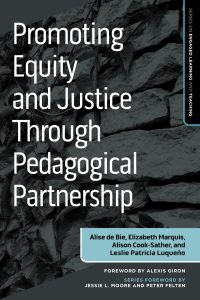
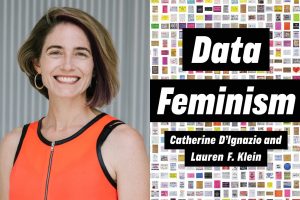 As data are increasingly mobilized in the service of governments and corporations, their unequal conditions of production, their asymmetrical methods of application, and their unequal effects on both individuals and groups have become increasingly difficult for data scientists–and others who rely on data in their work–to ignore. But it is precisely this power that makes it worth asking: “Data science by whom? Data science for whom? Data science with whose interests in mind? These are some of the questions that emerge from what we call data feminism, a way of thinking about data science and its communication that is informed by the past several decades of intersectional feminist activism and critical thought. Illustrating data feminism in action, this talk will show how challenges to the male/female binary can help to challenge other hierarchical (and empirically wrong) classification systems; it will explain how an understanding of emotion can expand our ideas about effective data visualization; how the concept of invisible labor can expose the significant human efforts required by our automated systems; and why the data never, ever “speak for themselves.” How can we operationalize intersectional feminist thinking in order to imagine more ethical and equitable data practices? This talk will focus in particular on examples of play, innovation and emancipatory pedagogy in data science.
As data are increasingly mobilized in the service of governments and corporations, their unequal conditions of production, their asymmetrical methods of application, and their unequal effects on both individuals and groups have become increasingly difficult for data scientists–and others who rely on data in their work–to ignore. But it is precisely this power that makes it worth asking: “Data science by whom? Data science for whom? Data science with whose interests in mind? These are some of the questions that emerge from what we call data feminism, a way of thinking about data science and its communication that is informed by the past several decades of intersectional feminist activism and critical thought. Illustrating data feminism in action, this talk will show how challenges to the male/female binary can help to challenge other hierarchical (and empirically wrong) classification systems; it will explain how an understanding of emotion can expand our ideas about effective data visualization; how the concept of invisible labor can expose the significant human efforts required by our automated systems; and why the data never, ever “speak for themselves.” How can we operationalize intersectional feminist thinking in order to imagine more ethical and equitable data practices? This talk will focus in particular on examples of play, innovation and emancipatory pedagogy in data science. 